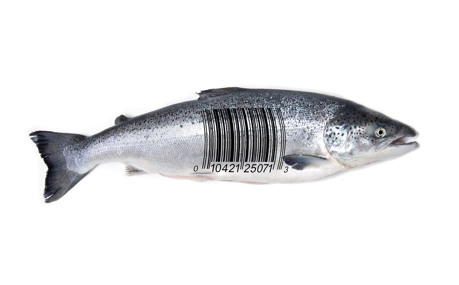
The value in seafood
Seafood is a valuable commodity on global markets, with high demand driving significant cross-border trade. With seafood representing an important protein source this trend shows no signs of slowing down. What is shifting is the pressure on retail suppliers, restaurants and wholesalers to meet consumer demands for product transparency, and processors to minimize loss of product and protect brand reputation by being able to instigate recalls with speed and specificity. If that wasn’t enough of a challenge, long, complex supply chains consisting of multiple businesses are a common feature as fish, shellfish and other marine products travel from farm or catch to shelves and plates.


